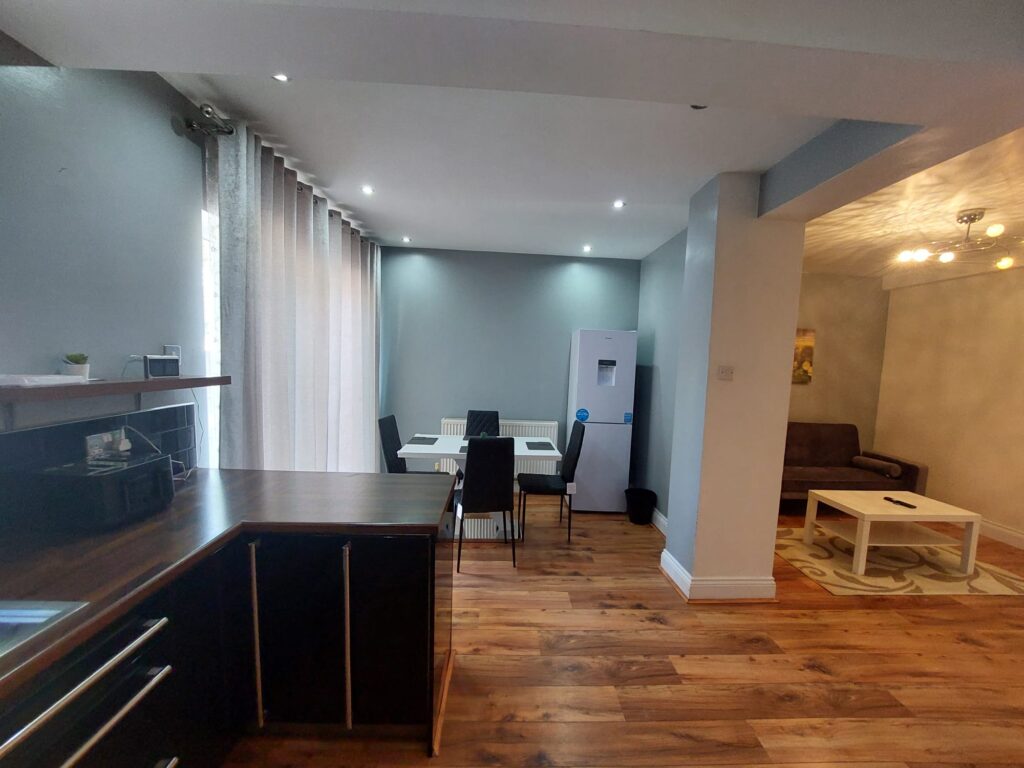Introduction:
Behaviour management plays a crucial role in creating a safe and supportive environment for individuals with learning disabilities. At Blissful Lodging, we recognise the significance of effective behaviour management strategies to support our residents. In this article, we will delve into the importance of behaviour management, discuss Blissful Lodging’s approach, and provide practical tips for families and caregivers to implement behaviour management techniques at home.
The Importance of Behaviour Management:
In a home for people with learning disabilities, behaviour management is vital for several reasons. It helps individuals develop social skills, promotes emotional well-being, and enhances their overall quality of life. By addressing challenging behaviours and promoting positive behaviours, behaviour management ensures a harmonious and supportive living environment.
Blissful Lodging’s Approach to Behaviour Management:
At Blissful Lodging, we prioritise compassionate and effective behaviour management techniques. Our staff members receive comprehensive training to understand and support individuals with diverse needs and behaviours. Here are some key aspects of our approach:
- Person-Centred Plans: We create individualised behaviour management plans for each resident. These plans take into account their specific needs, triggers, and preferences. By tailoring strategies to the individual, we promote positive behaviours and address challenging ones effectively.
- Positive Reinforcement: We emphasise the power of positive reinforcement to encourage desirable behaviours. Our staff members actively recognise and reinforce positive behaviours through praise, rewards, and incentives. This approach fosters a sense of achievement and motivation in residents.
- Structured Environment: Creating a structured environment helps individuals with learning disabilities feel secure and supported. We establish clear routines, visual cues, and consistent expectations. This structured approach provides predictability and reduces anxiety, leading to improved behaviour management outcomes.
- Communication and Emotional Support: Effective communication and emotional support are integral to behaviour management. Our staff members use clear and simple language, visual aids, and other communication techniques to ensure residents understand expectations and express their needs. We also provide emotional support, utilising active listening and empathy to address underlying causes of challenging behaviours.
Practical Tips for Families and Caregivers:
If you are caring for a loved one with learning disabilities, here are some practical tips to implement behaviour management techniques at home:
- Establish Routines: Create structured daily routines to provide a sense of stability and predictability for your loved one. Consistency can help reduce anxiety and promote positive behaviours.
- Use Visual Supports: Visual aids, such as schedules, charts, or visual timers, can assist in conveying information and reinforcing routines. Visual supports enhance understanding and independence.
- Reinforce Positive Behaviours: Implement a system of positive reinforcement to reward and acknowledge desirable behaviours. Offer praise, tokens, or small rewards to encourage and motivate your loved one.
- Practice Clear Communication: Use simple and concise language to convey expectations, rules, and instructions. Visual cues, gestures, and visual aids can also aid in effective communication.
- Seek Support and Training: Consider attending support groups or seeking training on behaviour management techniques for individuals with learning disabilities. Learning from professionals and sharing experiences with others can provide valuable insights and strategies.
Conclusion:
Behaviour management is an essential component of creating a supportive environment for individuals with learning disabilities. At Blissful Lodging, we prioritise effective and compassionate behaviour management techniques to promote positive behaviours and address challenging ones. By implementing practical strategies at home and seeking support when needed, families and caregivers can create a nurturing and empowering environment for their loved ones with learning disabilities. Together, we can enhance their quality of life and overall well-being.
